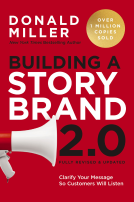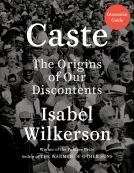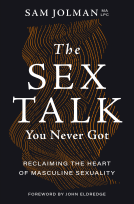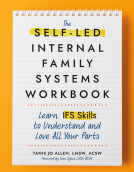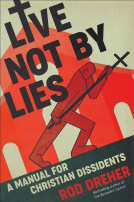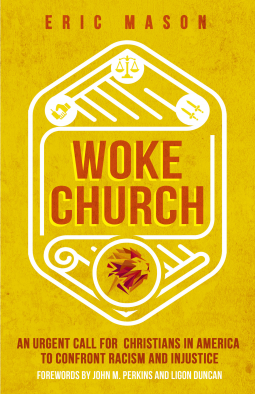
Woke Church
An Urgent Call for Christians in America to Confront Racism and Injustice
by Eric Mason
This title was previously available on NetGalley and is now archived.
Send NetGalley books directly to your Kindle or Kindle app
1
To read on a Kindle or Kindle app, please add kindle@netgalley.com as an approved email address to receive files in your Amazon account. Click here for step-by-step instructions.
2
Also find your Kindle email address within your Amazon account, and enter it here.
Pub Date Oct 02 2018 | Archive Date Oct 01 2018
Talking about this book? Use #WokeChurch #NetGalley. More hashtag tips!
Description
“Between the Christianity of this land, and the Christianity of Christ, I recognize the widest possible difference.” –Frederick Douglass, 1845
The prophets of old were not easy to listen to because they did not flatter. They did not cajole. They spoke hard words that often chafed and unsettled their listeners. Like the Old Testament prophets, and more recent prophetic voices like Frederick Douglass, Dr. Eric Mason calls the evangelical church to a much-needed reckoning. In a time when many feel confused, complacent, or even angry, he challenges the church to:
Be Aware – to understand that the issue of justice is not a black issue, it’s a kingdom issue. To learn how the history of racism in America and in the church has tainted our witness to a watching world.
Be Redemptive – to grieve and lament what we have lost and to regain our prophetic voice, calling the church to remember our gospel imperative to promote justice and mercy.
Be Active – to move beyond polite, safe conversations about reconciliation and begin to set things aright for our soon-coming King, who will be looking for a WOKE CHURCH.
Available Editions
| EDITION | Other Format |
| ISBN | 9780802416988 |
| PRICE | $14.99 (USD) |
| PAGES | 176 |
Average rating from 10 members
Readers who liked this book also liked:
Tanis Allen, LMSW, ACSW
Health, Mind & Body, Self-Help


